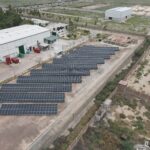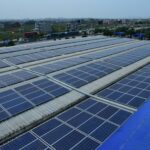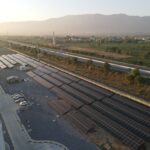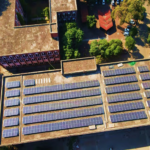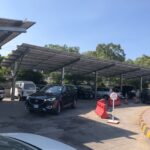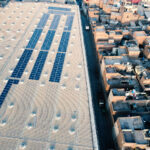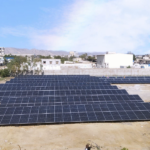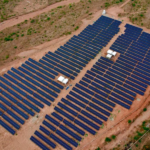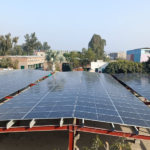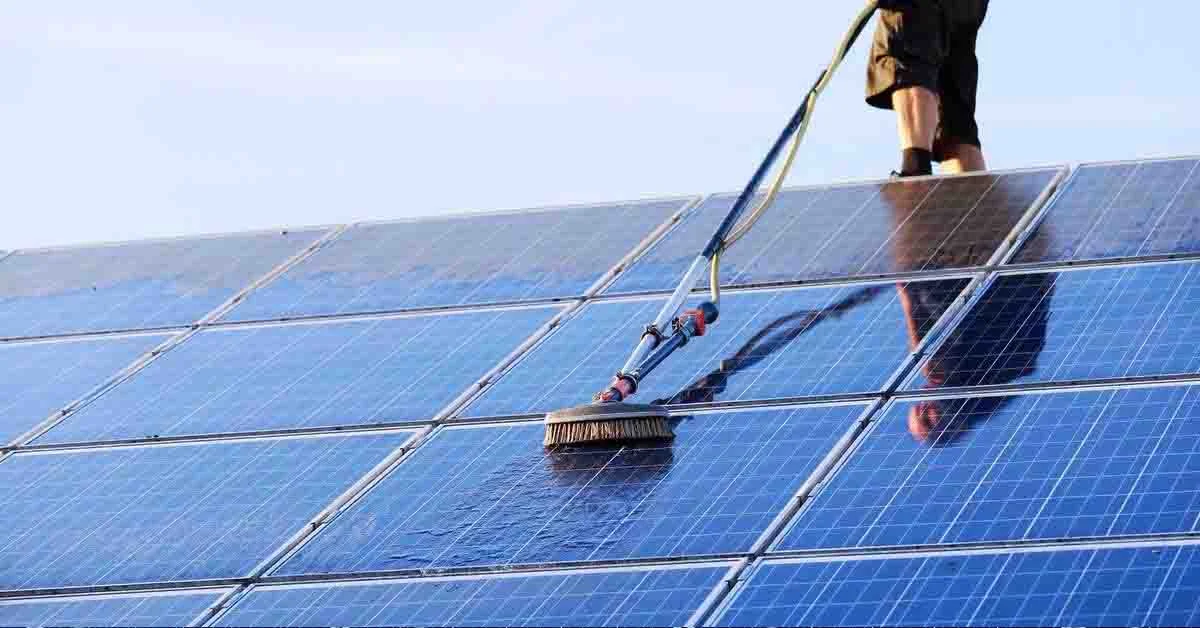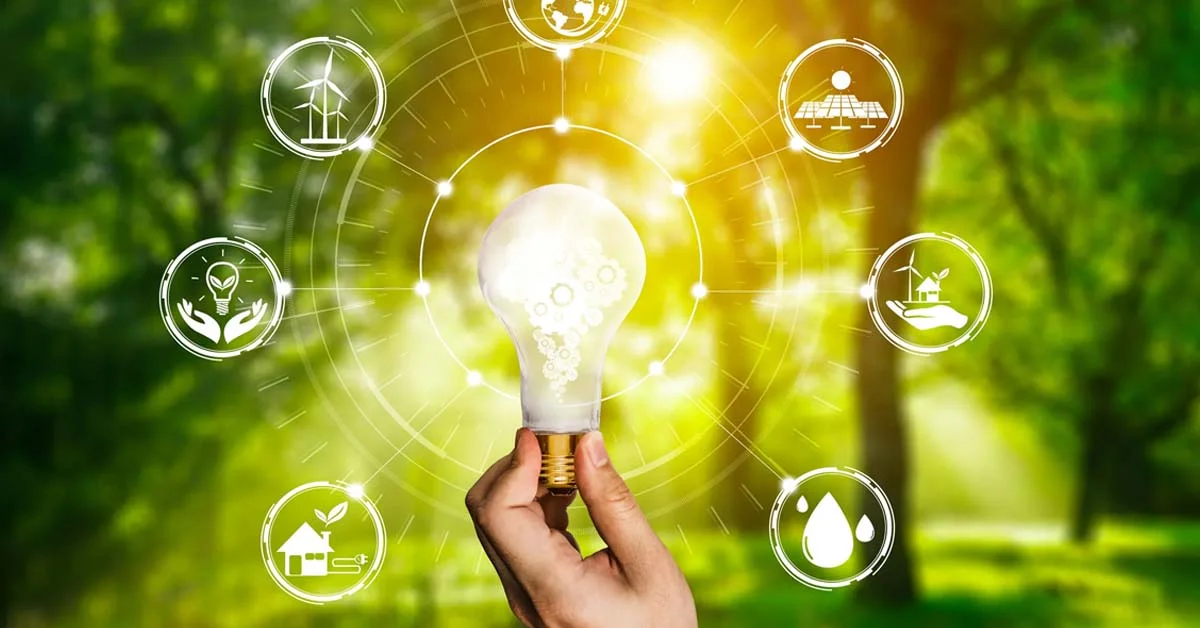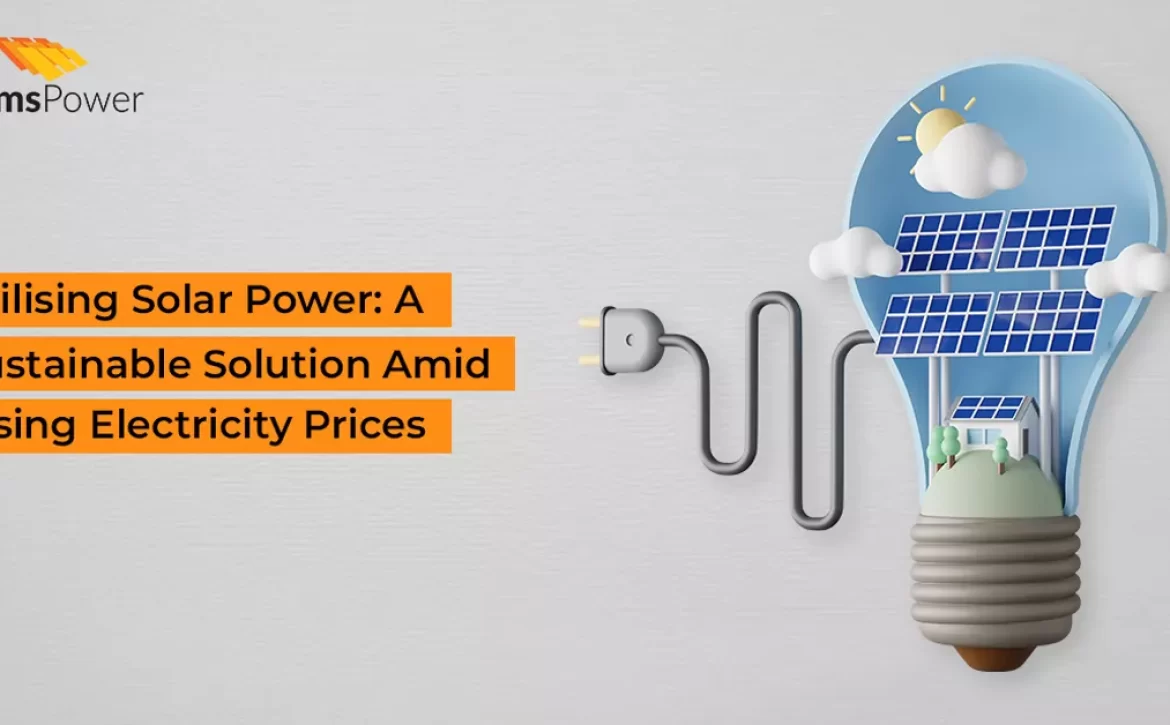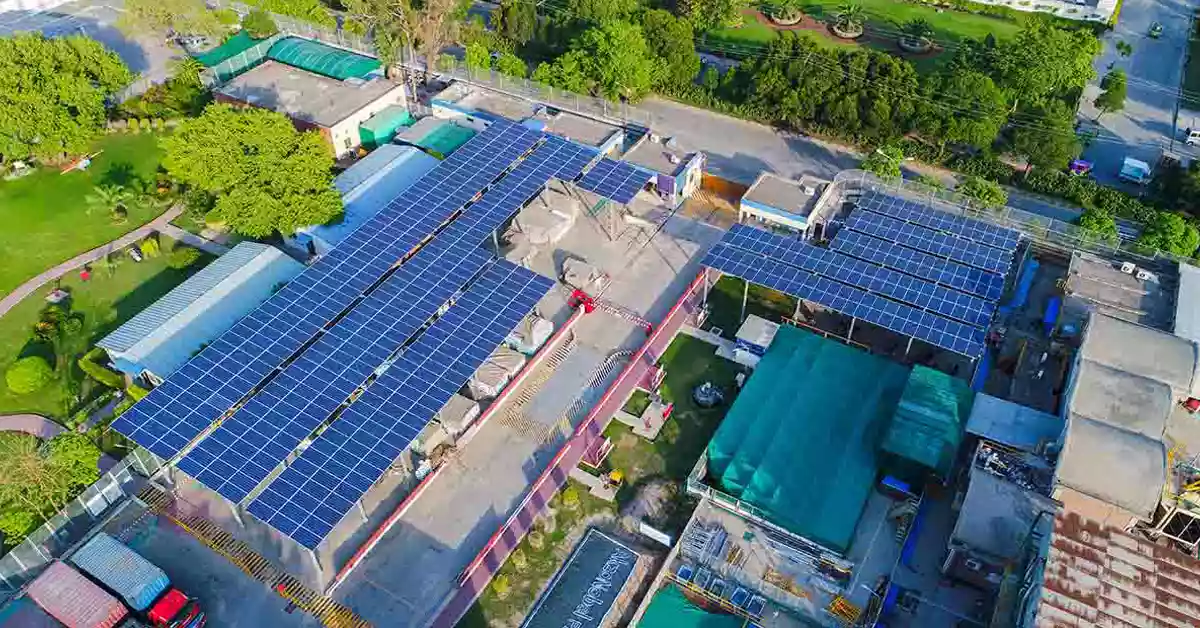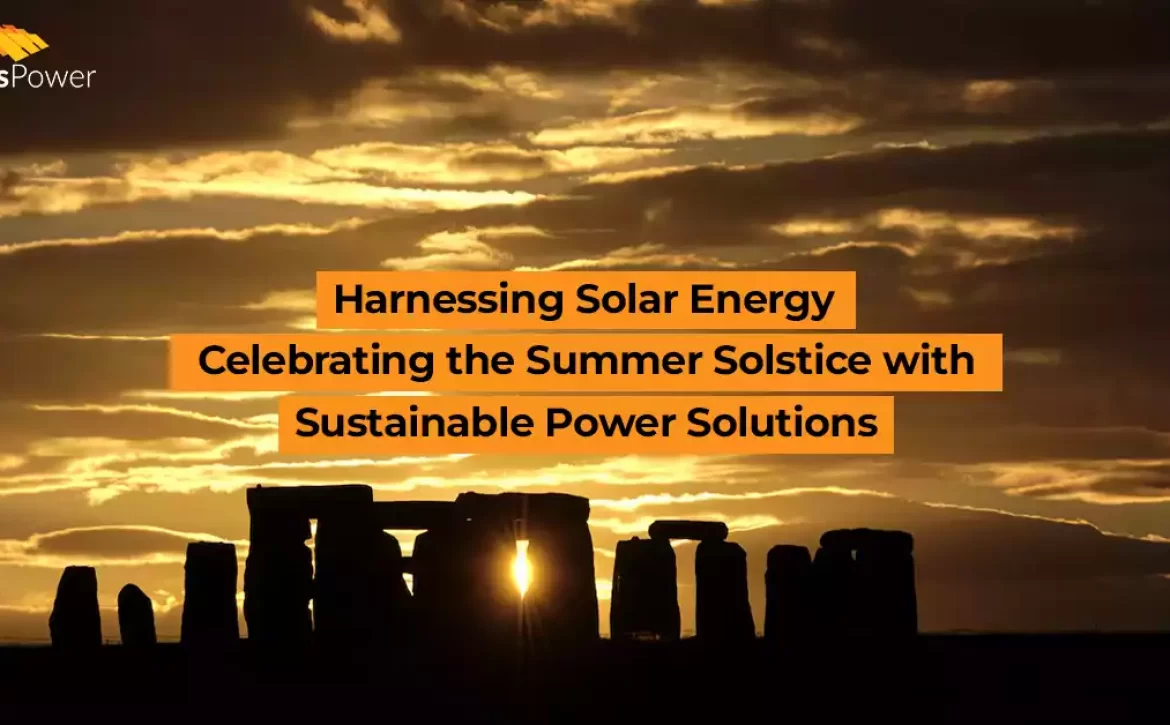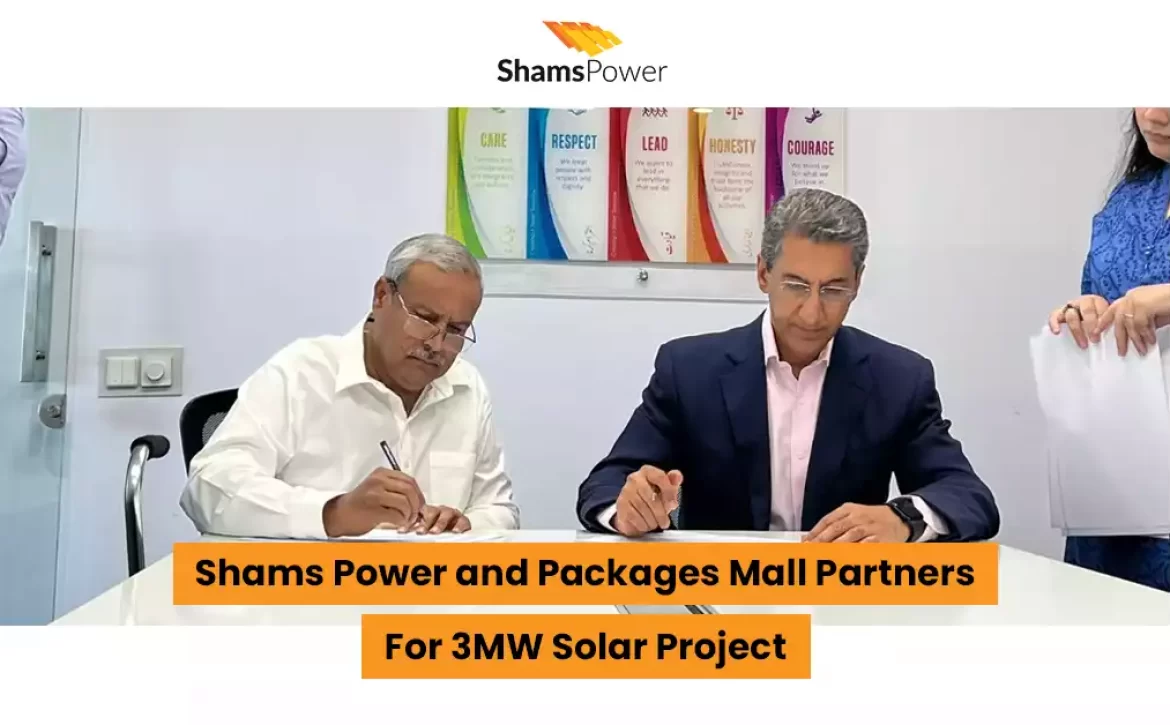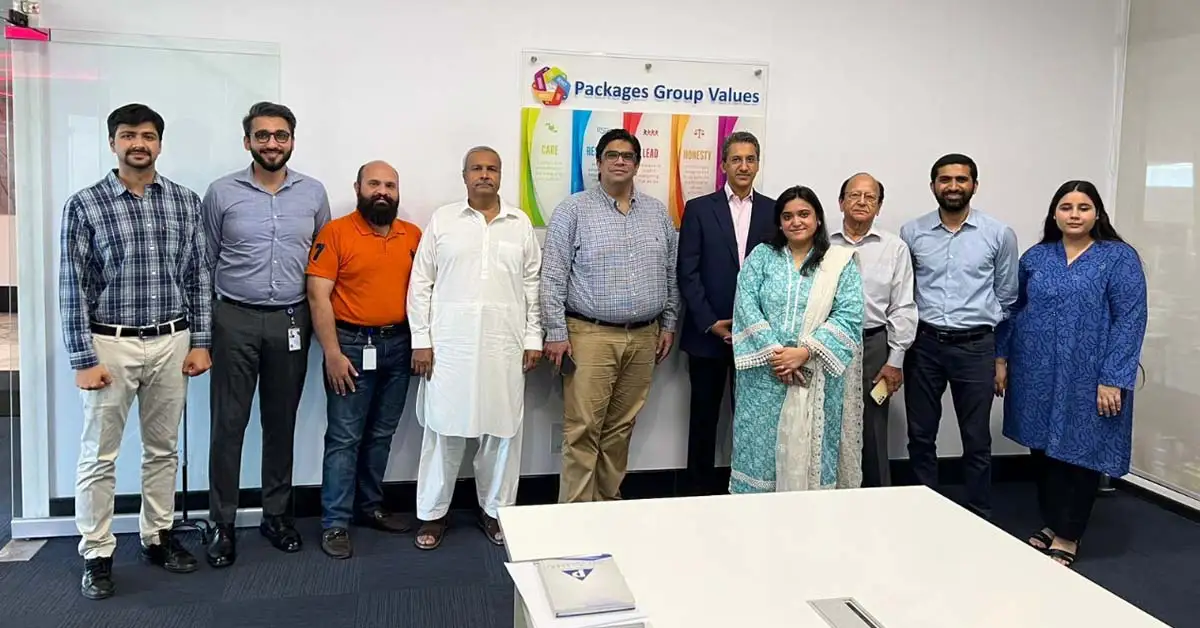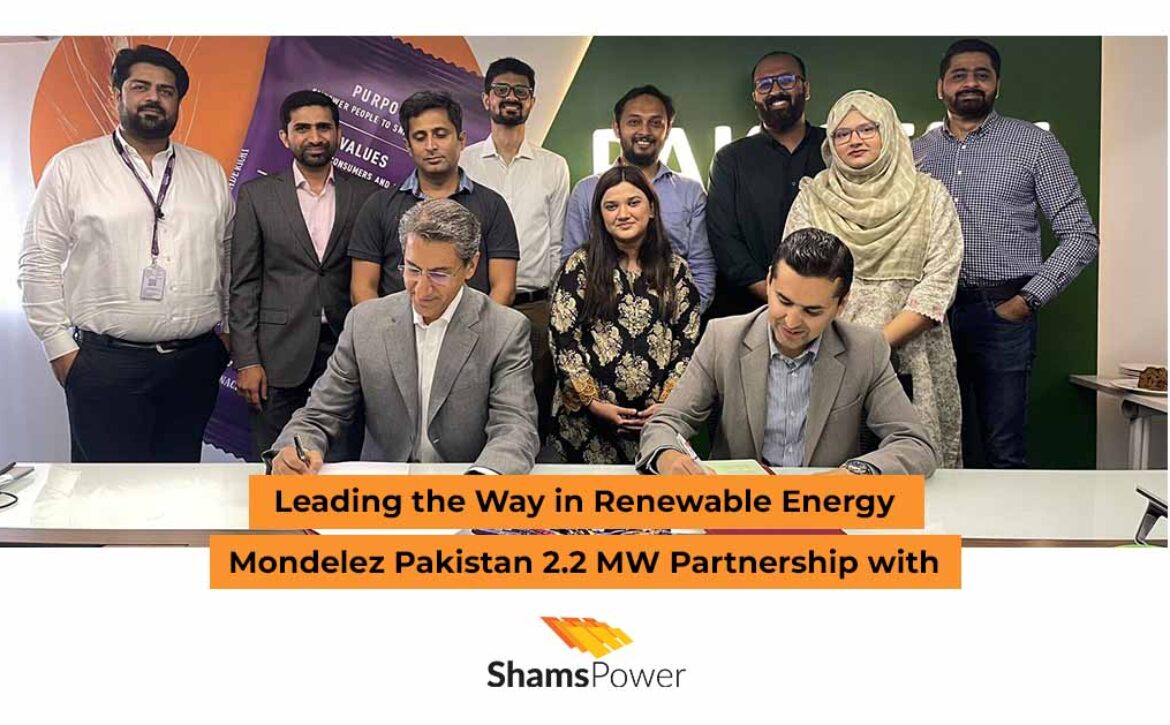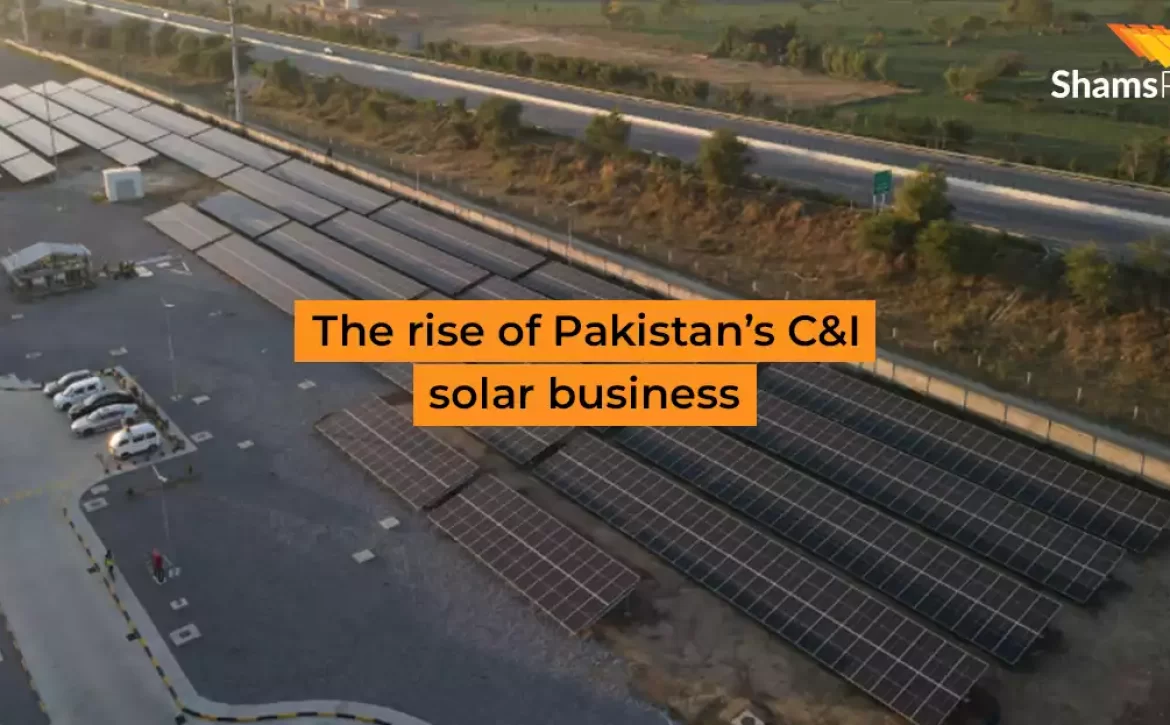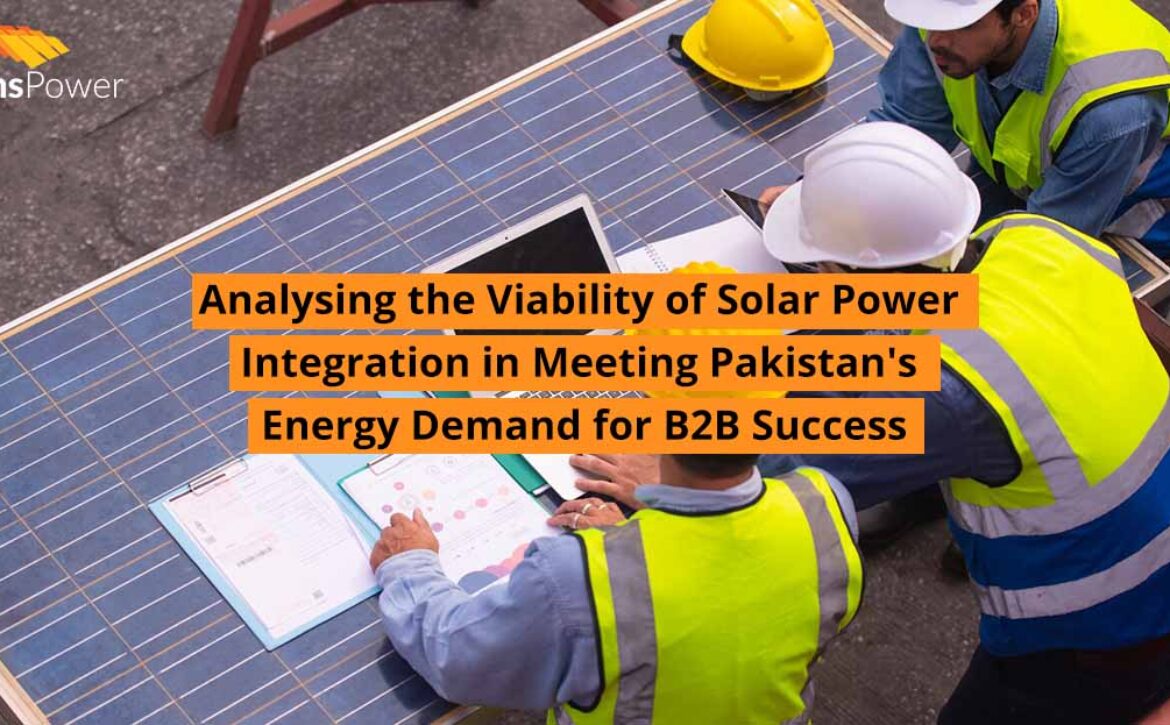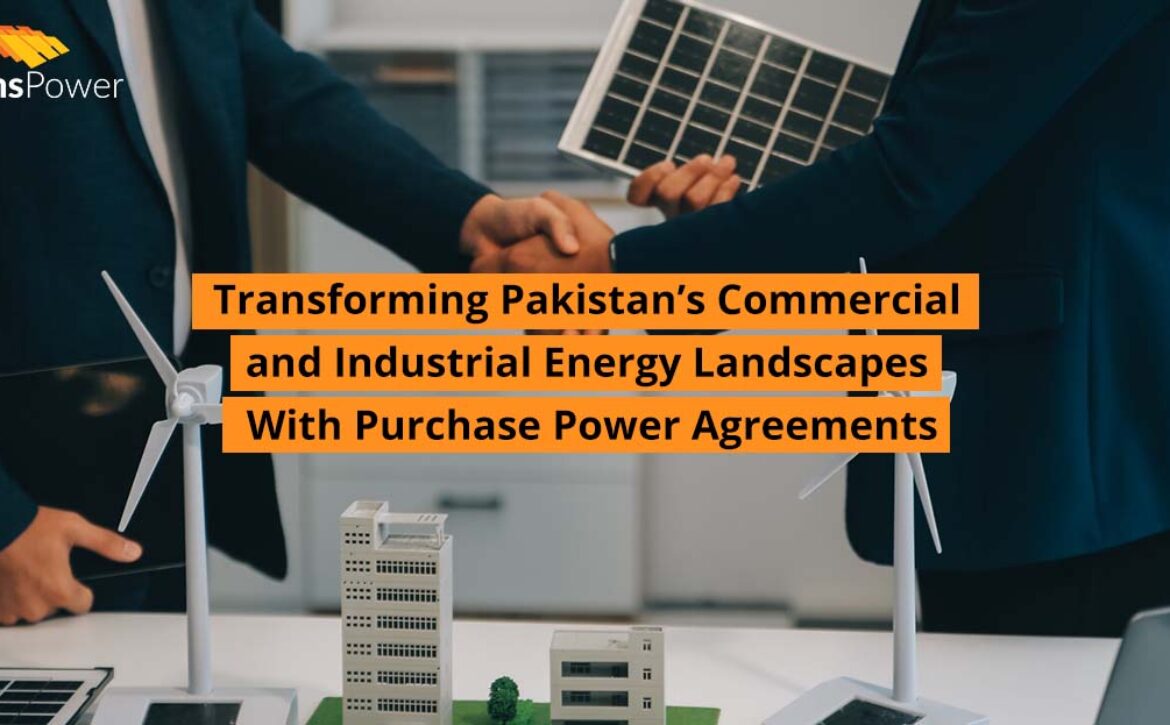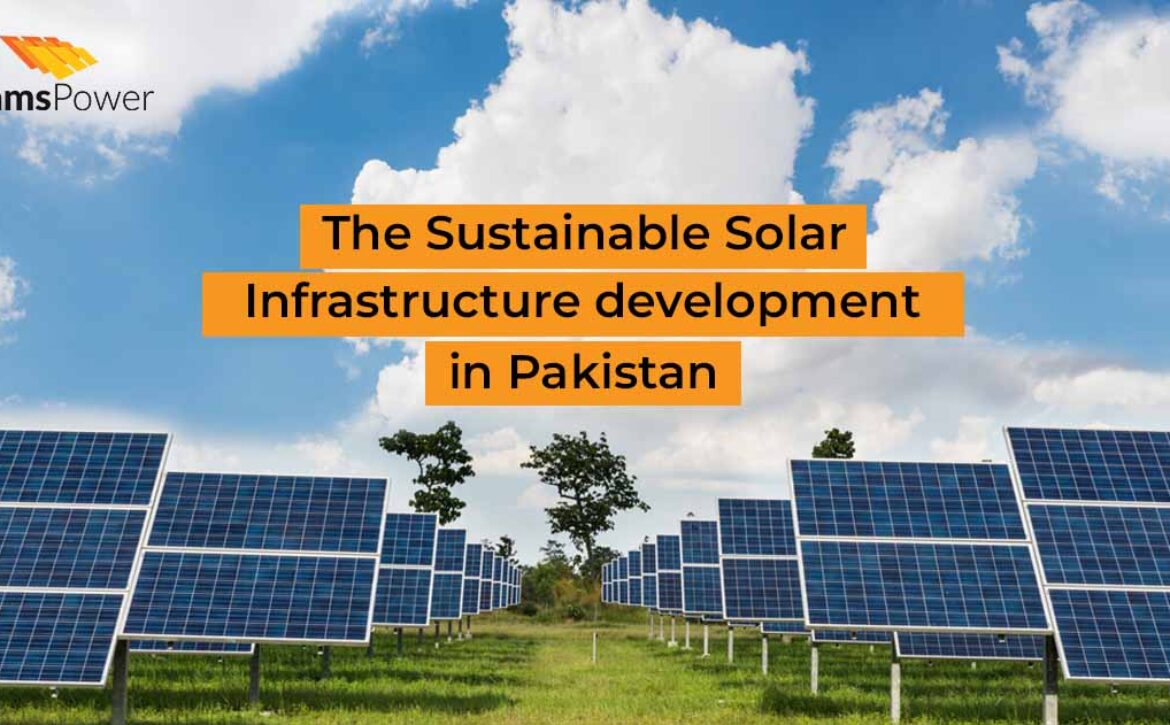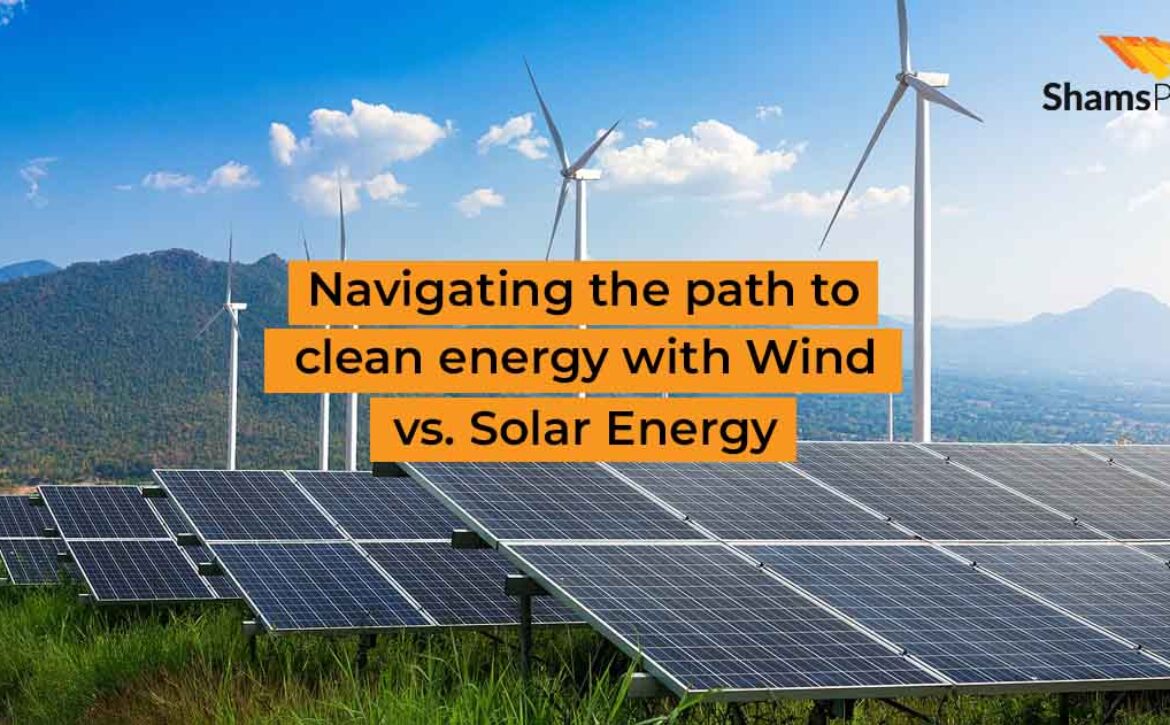Why Solar Energy is the Most Cost-Effective Solution for Businesses
What makes Solar Power affordable?
Declining Costs of Solar Technology
One major factor contributing to the affordability of solar energy is the substantial decrease in the cost of solar panels and associated technologies over the past decade. Advances in technology and larger manufacturing volumes have led to a dramatic drop in the price of photovoltaic (PV) panels. Studies show that the price of solar power has dropped by more than 80% over the past decade. This significant reduction has made solar installations more attainable for many users, including large-scale commercial enterprises.
Abundant and Free Resource
Solar energy captures sunlight, a plentiful and readily available resource. Unlike fossil fuels that require extraction, refinement, and transportation, sunlight is readily available and can be captured directly at the point of use. This eliminates many logistical and environmental costs associated with conventional energy sources. As long as the sun shines, we have a limitless supply of energy that can be converted into electricity.
Low Operating and Maintenance Costs
Once a solar energy system is in place, it involves minimal operating and maintenance expenses. Solar panels are designed for long-lasting durability and typically require minimal maintenance over their lifetime. Since sunlight is free, there are no fuel costs associated with solar energy. The significant long-term savings on these operational costs make solar energy a very cost-effective option.
Technological Advancements and Efficiency Improvements
Continuous improvements in solar technology have boosted the performance of solar panels, allowing them to transform more sunlight into electricity. This increased efficiency leads to higher energy output and greater savings for consumers.
Government Incentives and Support
Government incentives have been essential in making solar energy more affordable. These incentives reduce the upfront expenses associated with installing solar panels. Additionally, regulations such as net metering allow solar panel owners to sell excess electricity to the grid, enhancing the financial benefits of solar energy.
Environmental and Social Benefits
Solar energy provides considerable environmental and social benefits, enhancing its overall cost-effectiveness. Solar power delivers valuable societal savings by reducing greenhouse gas emissions, lowering air pollution, and alleviating the impacts of climate change. This includes cutting healthcare costs and lowering expenses related to environmental cleanup caused by fossil fuel pollution.
Energy Independence and Security
Investing in solar energy improves one’s ability to rely on their own power sources and strengthens energy security. By producing electricity locally, communities can lessen their dependence on imported fuels and strengthen their energy infrastructure. This is especially beneficial in areas that frequently experience power disruptions.
Conclusion
As technology advances and the global focus on clean energy intensifies, solar energy will become increasingly cost-effective and appealing, paving the way for a more sustainable and promising future. By adopting solar solutions with Shams Power, businesses can not only enhance their operations but also contribute to a greener and more sustainable future for Pakistan and beyond. Join us in building a sustainable future for Pakistan.[/vc_column_text][/vc_column][/vc_row]



